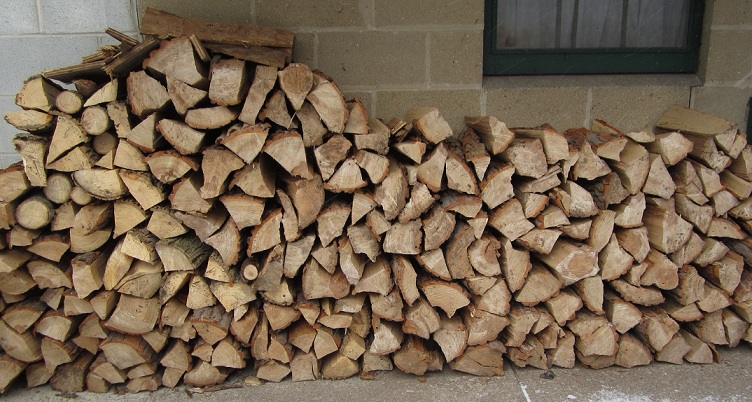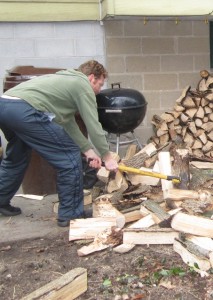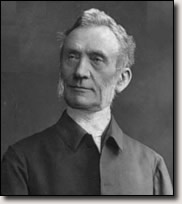The other day Nelson took the middle seat out of his van and drove off in search of firewood. When he’s “in residence” he makes a beautiful fire every night, coaxing all of us toward the conversation circle in the living room.
But cozy fires don’t come without a good deal of hard work first. Nelson has to find the wood, saw it into manageable chunks, load it into the van, unload it at our house, and then put some real man-power into splitting the pieces of stump with an old fashioned ax. Whack! Whack! Hundreds of times. When I ask if it hurts his back or neck, both of which have been injured in car accidents, he says, “I really love this kind of work.”
And I love that he loves it, because I could never haul or split wood like he does. The only effort I could make to gather logs would be to tear out a check from my checkbook. But it’s interesting that Nelson’s way of securing fireplace wood and mine are different not only in the physical effort expended but in depth of satisfaction, too.
We’ve all heard the expression, “He who chops his own wood is twice warmed.” That refers to the heated work of chopping and splitting, followed by the warmth of the fire. But really there’s a third warming, the sense of accomplishment a man feels in bringing wood from forest to fireplace. It’s much like a gardener growing her own vegetables, harvesting them, and then serving them for dinner.
I think God has this same multi-tiered satisfaction in mind for us when we dig into his Word, looking for him. We go on a diligent search, not sure of exactly what we’ll find, but willing to make the effort. We work hard to read, study, and hear him correctly, and when he finally reveals his truth or himself, we experience the deep pleasure of those connections, and want to do it all over again.
Very few things of value come to us without a degree of diligence and (usually) struggle. We sometimes get disheartened along the way and lose momentum, even quitting altogether. But then we miss getting to the good stuff: the cozy fire, the delicious meal, the bond with God.
So we have a choice. We can let blood, sweat, or tears keep us from succeeding at our labors, or we can push through the discouraging moments (or hours) with diligence, counting on God to strengthen us to each task. And he will, whether it’s splitting wood, harvesting vegetables, or studying the Bible. And hopefully, as we’re “being warmed” by laboring in his Word,
 we’ll be able to say the same thing Nelson did: “I really love this kind of work.”
we’ll be able to say the same thing Nelson did: “I really love this kind of work.”
“As your days, so shall your strength be. There is none like God… who rides through the heavens to your help.” (Deuteronomy 33:25-26)






